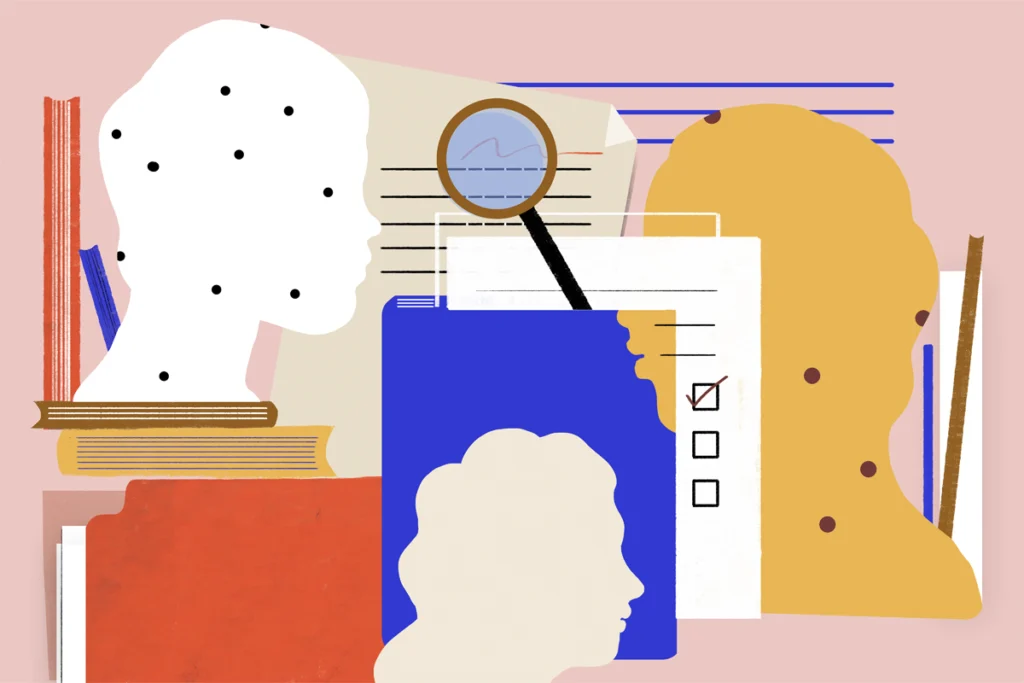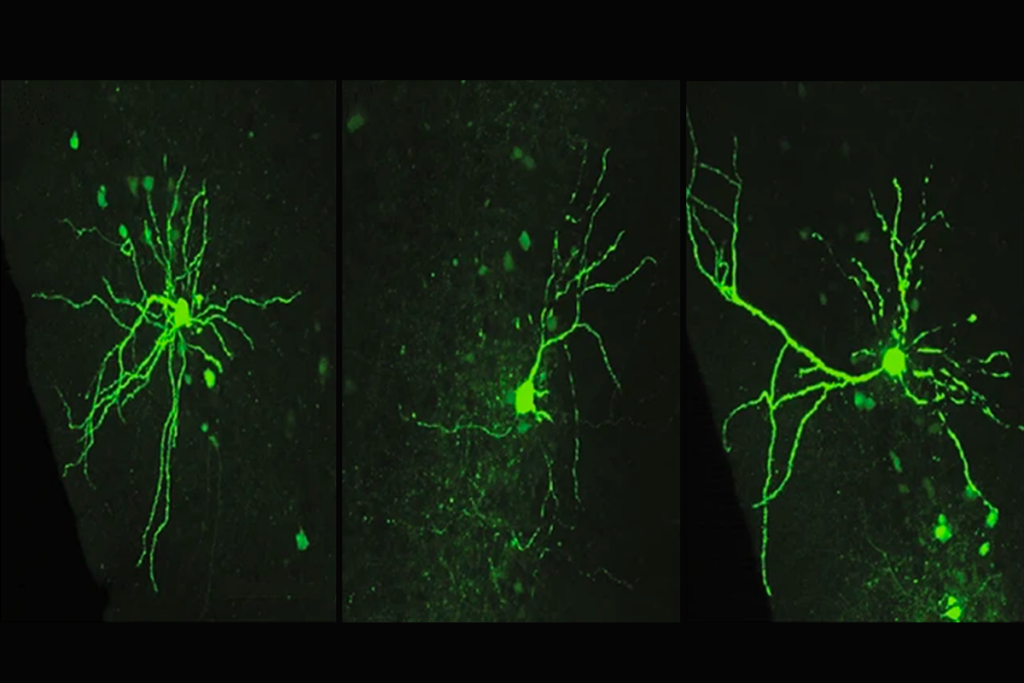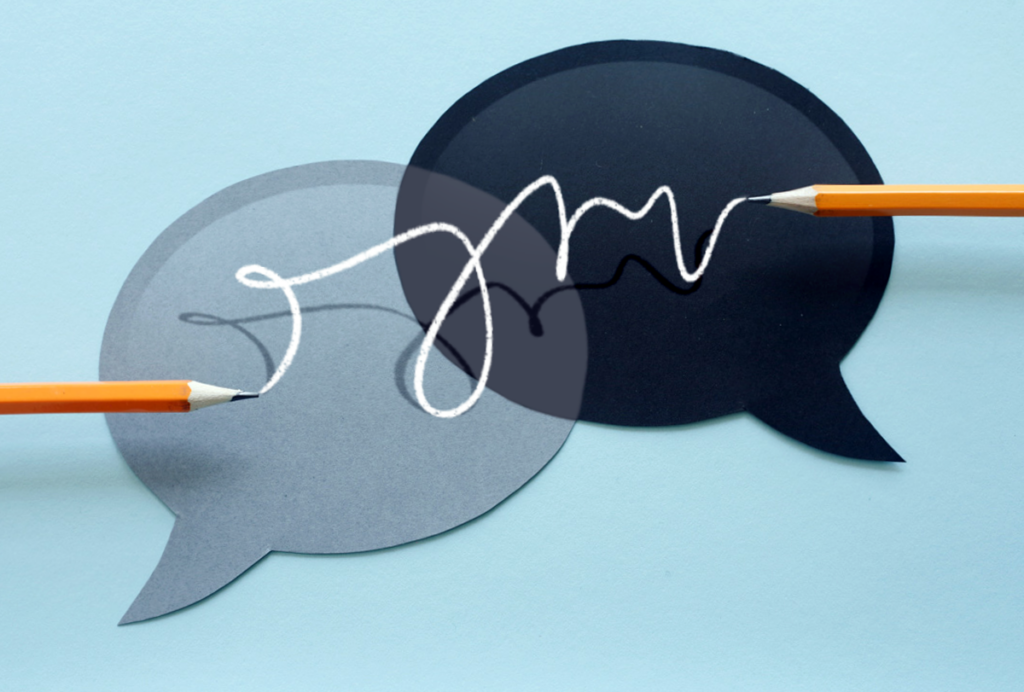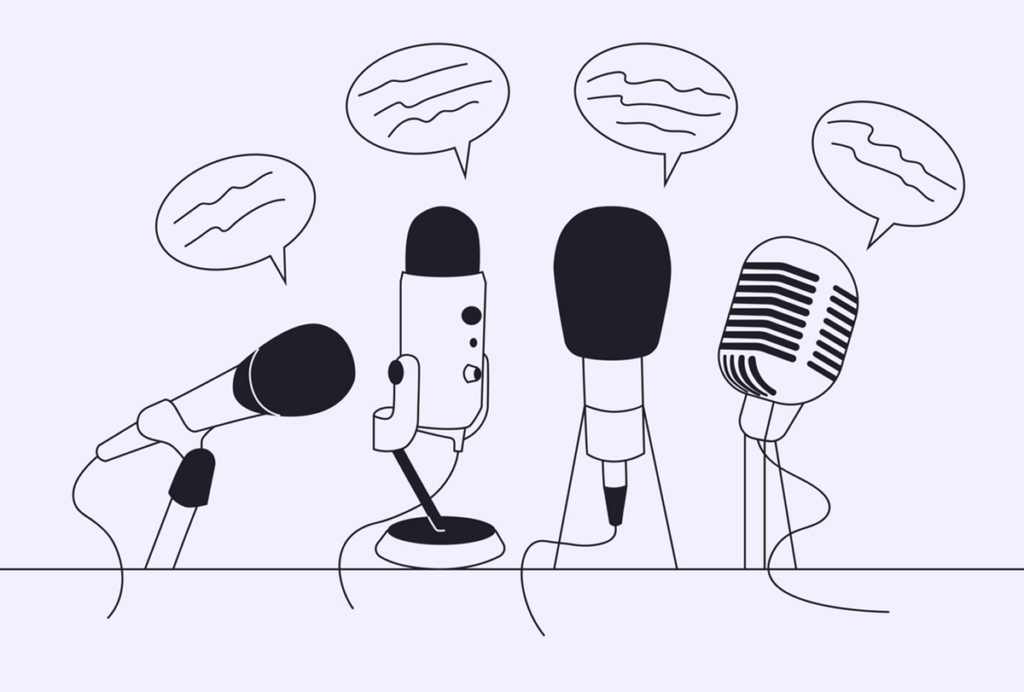Fall is right around the corner here in New York, and the school year is beginning anew. This week, several tweets and threads about school and learning were raking in the attention on our Twitter feeds.
“Are you an aspiring or practicing neuroscientist who wants to learn Python for free?” Patrick Bloniasz, a graduate student in computational neuroscience at Boston University in Massachusetts, put the question out there for any lifelong learners ready to pick up a new skill with the programming language, and the response was large. Bloniasz explained that Mark Kramer, also of Boston University, created a freely available virtual book on the topic.
Are you an aspiring or practicing neuroscientist who wants to learn Python for free? Dr. Mark Kramer and colleagues @BU_Tweets developed a great intro virtual book that uses Jupyter Notebooks with neuro data included. A???? of the topics included: @PhDVoice @AcademicChatter
— Patrick F. Bloniasz (he/him) (@PatrickBloniasz) August 17, 2022
In a thread detailing the different learning modules, or notebooks, in the book (15 in all), Bloniasz also offered “to form a learning group with folks on Zoom to walk through these notebooks!”
There are 15 notebooks in total and can be integrated in Google Colab, Jupyter Notebooks, and so forth. Reach out if you need any help to get started! : ) Also, if there is enough interest, I’m happy to form a learning group with folks on Zoom to walk through these notebooks!
— Patrick F. Bloniasz (he/him) (@PatrickBloniasz) August 17, 2022
“This looks great! Might have to retool my comp. methods class at @NDSUPsychology around this,” responded Ben Balas, professor of psychology at North Dakota State University in Fargo.
This looks great! Might have to retool my comp. methods class at @NDSUPsychology around this. https://t.co/nMSTda6Cb4
— Ben Balas (@bjbalas) August 18, 2022
“This is a great resource, and a nice application-orientated way to learn some python!” tweeted Jake Ahern, a graduate student in neural dynamics at the University of Bristol in the United Kingdom.
This is a great resource, and a nice application-orientated way to learn some python! https://t.co/kU6Ddqco4A
— Jake Ahern (@JakeAhern4) August 18, 2022
Ona Marija Singh, a graduate student at Medizinische Hochschule Hannover in Lower Saxony, Germany, tweeted that she “started learning to dissect brains just today, wow, this is a sign.”
started learning to dissect brains just today, wow, this is a sign ????????
— Ona Marija Singh (@MarijaSingh) August 19, 2022
“I am dreaming about switching to computational neuroscience, but my university never offered classes like this one!” tweeted Emina, a molecular biologist from Croatia.
Wow, thank you for this! I am dreaming about switching to computational neuroscience, but my university never offered classes like this one!????
— Emina (Science Pit) (@science_pit) August 19, 2022
Bloniasz replied, “You’ll be great! 😀 let me know if I can help in any way. I enjoyed quickly skimming your blog btw!” which Emina said made her day.
Thank you, you just made my day ????
— Emina (Science Pit) (@science_pit) August 19, 2022
Turning our attention to younger learners, Laura Fox, a graduate student at the University of York in the U.K., shared her paper published in Autism “exploring the impact of COVID-19 and school transition on autistic children’s friendship.”
The work “highlights the diversity of needs among autistic children and calls for a personalised approach to transition support …” Fox explained in the thread.
The study highlights the diversity of needs among autistic children and calls for a personalised approach to transition support as one way of supporting autistic children to develop positive peer relationships.
— Laura Fox ???????? (@laura_j_fox) September 6, 2022
Annis Stenson, lecturer in student engagement at the University of York, called the study an “important new paper” in a quote tweet.
Important new paper from my colleague at @DeptEdYork, looking forward to reading! https://t.co/B8uGUiqbBA
— Dr Annis Stenson (@AnnisDoesPhD) September 8, 2022
“New paper led by the fabulous @laura_j_fox on how school transition looked for autistic children during COVID, and how the experience related to friendship development and retention,” replied study co-author, Kathryn Asbury, director of the GenOmics And Life Stories group at the University of York.
New paper led by the fabulous @laura_j_fox on how school transition looked for autistic children during COVID, and how the experience related to friendship development and retention. Well done Laura! https://t.co/OYwZt0BHI2
— Kathryn Asbury (@KathrynAsbury1) September 6, 2022
Speaking of learning, have you ever wondered what’s behind modern humans’ cognitive abilities? A new study in Science suggests that “a single amino acid change helps explain our cognitive power compared with Neanderthals,” tweeted Eric Topol, director of the Scripps Translational Science Institute in La Jolla, California.
A single amino acid change helps explain our cognitive power compared with Neanderthals!https://t.co/MnvqZxeyVwhttps://t.co/iJ5etwtnsI@ScienceMagazine
And a @carlzimmer explainerhttps://t.co/njk0bQqbt6 @NYTScience pic.twitter.com/Gq1NwEaboZ— Eric Topol (@EricTopol) September 8, 2022
The study investigators compared genomic sequences from modern humans with those of Neanderthals and found “that an amino acid substitution encoded in the TKTL1 gene” played a role in the shaping of the modern human brain.
Some researchers were skeptical, however. “It’s fascinating but are we really supposed to believe that TKTL1 is a driver of human cognitive ability?” wrote Jonathan Sebat, professor of psychiatry and cellular and molecular medicine at the University of California, San Diego, in a quote tweet.
Wouldn’t we expect that there are many such changes in the human genome with similar effect sizes in both directions? It’s fascinating but are we really supposed to believe that TKTL1 is a driver of human cognitive ability? ???? https://t.co/c7yN64eclf
— Jonathan Sebat (@sebatlab) September 10, 2022
Karol Estrada of Brandeis University in Waltham, Massachusetts, also had doubts, tweeting “I bet my colleagues working on genetics of cognitive ability will have something to say about this.”
Could a single AA explain cognitive superiority? I doubtful, I bet my colleges working on genetics of cognitive ability will have something to say about this. https://t.co/xmSpFahtjg
— Karol Estrada (@karls_es) September 10, 2022
“Fascinating if true. Much more work is needed to assess the mutation,” tweeted Jason Locasale of Duke University in Durham, North Carolina.
Fascinating if true. Much more work is needed to assess the mutation. Eg whether lysine is modified for function, the enzyme’s contribution to glucose metabolism, what the mutation does to pathway regulation, etc. https://t.co/j1f0wUEvqA
— Jason Locasale (@LocasaleLab) September 10, 2022
What do you think? Let us know in the comments.
That’s it for this week’s Community Newsletter! If you have any suggestions for interesting social posts you saw in the autism research sphere, feel free to send an email to [email protected].
Follow us on Facebook, Twitter (@Spectrum), Instagram and LinkedIn.
Subscribe to get the best of Spectrum straight to your inbox.





